-
- Market Research
- |
- CBD Near Me
- |
- Giveaways
- |
- Newsletter
- |
- Contact
- |
- Advertise
- |
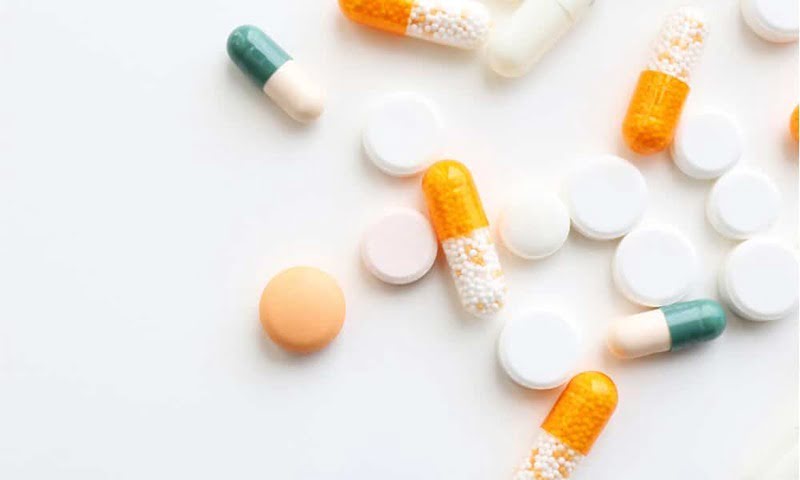
Assuming that CBD doesn’t interact with drugs because of its non-psychoactive nature is a potentially dangerous misconception.
The widespread acknowledgment of the difference between CBD and high-THC cannabis marks a positive stride in medicine, to be sure, but this development has also served to spread such an assumption.
No, CBD doesn’t get you high, but it still crosses the blood-brain barrier, meaning it still imparts effects on the brain.
In fact, CBD directly affects the central nervous system in a way that slightly alters mood and perception, which technically disqualifies it from the “non-psychoactive” label.
Non-intoxicating is a more appropriate label.
It may sound like arguing over semantics, but once you understand that CBD is a non-intoxicating substance that still produces a number of physiological changes, you will enter the frame of mind necessary to appreciate its drug interactions.
Speaking of, CBD does interact with drugs, and these interactions can alter their effects.
In almost every case, this alteration involves drug metabolism speed.
This guide will explain how CBD interacts with drugs, which drugs are involved in these interactions, and how to best manage these interactions.
Table of Contents
- How CBD Interacts with Drugs
- Drugs That Interact with CBD
- Using Known Interactions to Make Smarter Healthcare Decisions
- Key Takeaways to Remember
How CBD Interacts with Drugs
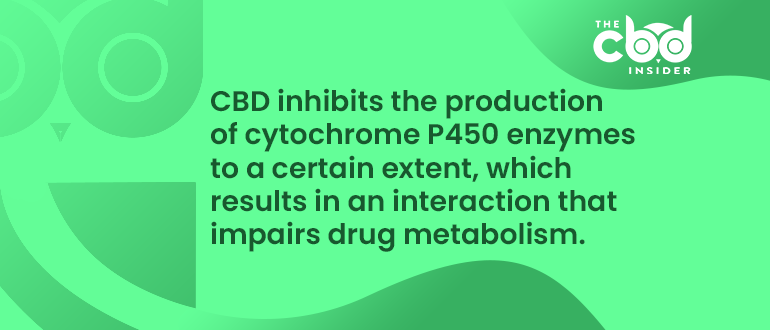
The mechanism by which CBD affects drug metabolism is fairly straightforward, save for the inescapable jargon.
According to a 2019 research article published in the Journal of Clinical Medicine, CBD is a known inhibitor of a certain group of liver enzymes called cytochrome P450 enzymes.
Responsible for creating and breaking down a broad range of substances, such as steroid-based hormones and fats, cytochrome P450 enzymes are vital for maintaining a healthy balance of life-sustaining molecules in all our cells.
This class of enzymes also breaks down compounds found in prescription drugs, which allows our bodies to experience their effects over a consistent period of time and at a consistent intensity level.
Since CBD inhibits the production of cytochrome P450 enzymes to an extent, the result is an interaction that impairs drug metabolism.
A lower concentration of these cytochrome enzymes means that prescription drugs hit harder and last longer because they aren’t being broken down as quickly.
The small, yet growing body of evidence in this area has yet to produce any figures regarding the potency of this effect.
The research has, however, identified the many substances (about 2/3 of all prescription drug types) that can be affected by CBD in this manner.
Drugs That Interact with CBD
| CYP3A4 | CYP2D6 |
| Antihistamines | Antipsychotics |
| Antiretrovirals | Beta blockers |
| Benzodiazepines | Opioids |
| Calcium channel blockers | SSRIs |
| Cyclosporine | Tricyclic antidepressants |
| Haloperidol | |
| Macrolides | |
| Sildenafil (and other PDES inhibitors) | |
| Some statins (atorvastatin and simvastatin, but not pravastatin or rosuvastatin) |
A report by the District of Columbia’s Department of Health covering cannabis and CBD drug interactions identifies two specific cytochrome enzymes that CBD inhibits.
To clarify, both of these enzymes are part of the aforementioned cytochrome P450 category, but they’re individually identified by a second hodgepodge of letters and numbers: CYP3A4 and CYP2D6.
Though they’re not the only enzymes inhibited by CBD, these two are the most relevant in terms of drug interactions with a broad range of common pharmaceuticals.
The report states that CYP3A4 is responsible for breaking down antihistamines, certain statins, calcium channel blockers, and several other drug classes.
Additionally, CYP2D6 is used by the body to metabolize antidepressants, beta blockers, opioid pain medications, and again, several other drug classes.
The above DOH study explains that when these enzymes are inhibited, serum concentrations of the above drugs rise for an extended period of time than in people who took the drugs without CBD.
The specific medications that CBD interacts with are too numerous for a single guide, but as long as you are conscious of which type of drug you are taking, i.e., an antihistamine or opioid pain medication per above, you can determine whether or not an interaction is likely.
This list provides examples of drugs, separated by type, that are likely to interact with CBD:
- Benadryl (Antihistamine)
- Codeine (Opioid)
- Metoprolol (Beta blocker)
- Zoloft (Antidepressant)
- Lipitor (Statin)
- Alcohol
As always, it’s imperative that you consult with your doctor if you have any questions regarding CBD’s potential interaction with any drugs you are currently taking or plan to take.
This indirect enzyme route isn’t the only way in which CBD interacts with drugs, as it can directly target a number of receptors as an agonist or an antagonist, meaning it either supports or limits the receptor’s action.
These effects are yet to be thoroughly investigated, however, and would likely be secondary to the enzyme-inhibiting action in terms of relevance to healthcare consumers anyway.
One such case that is particularly interesting and highly relevant to many of us, however, involves the relationship between CBD and alcohol.
CBD and Alcohol
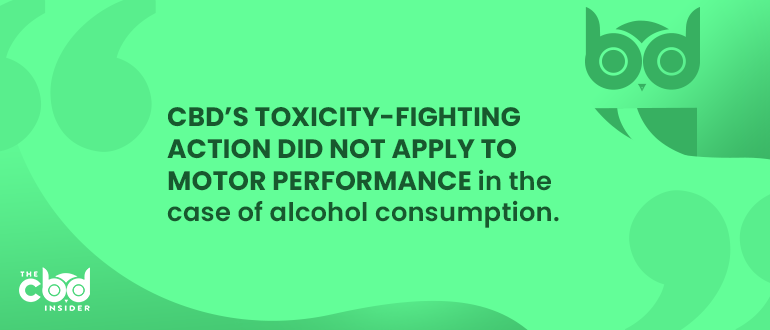
The results of a ten-participant study reported in the journal Psychopharmacology point to a nuanced and potentially helpful interaction between CBD and alcohol.
Participants in the experimental group were provided alcoholic beverages as well as CBD, after which they were tested for motor performance (finger tap test), psychomotor performance, and other metrics that indicate toxicity level.
As compared to the placebo group, the CBD group demonstrated significantly lower blood alcohol levels.
However, the study states that there were “few differences observed between the pharmacological effects of the two alcohol conditions,” concluding that CBD’s toxicity-fighting action did not apply to motor performance in the case of alcohol consumption.
Basically, this suggests CBD won’t make you seem less drunk in terms of motor control, but it may act as a buffer to decrease BAC.
Using Known Interactions to Make Smarter Healthcare Decisions
Even if you suspect that CBD will interact with a medication you plan to take or are currently taking, consulting with your doctor may reveal that you don’t necessarily need to drop CBD altogether.
This is because the interactions described above are not “synergistic,” that is, a potentially dangerous increase in potency and unwanted effects caused by combining certain kinds of chemical compounds, e.g., alcohol and opiate pain medications.
In some cases, individuals may be instructed to keep their CBD doses small, and either increase in very small increments or don’t increase at all.
Because of this, we recommend using lower-concentration CBD oils and gummies over tinctures for those on medication.
As always, we recommend only buying from Trusted Brands, so the following list will emphasize both quality and low-increment dosing capability.
PlusCBD Oil from CV Sciences
PlusCBD Oil
Products
- Spray
- Softgels
- Balm
- Skin Serums
- Drops
- Gummies
- Roll On
- Lotions & Creams
Coupon Code
CBDINSIDER20 for 20% off
Any CBD company that invests the time and effort into obtaining self-affirmed Generally Recognized as Safe (GRAS) status, is a CBD company to seriously consider.
This is the case with PlusCBD Oil, a highly reputable brand known to produce consistently safe and effective cannabidiol products.
PlusCBD Oil is especially well-suited for today’s purposes because their oils are generally lower in concentration.
We listed this as a “con” in our original review of the brand, and it usually is, but the lower concentration does make it easier for consumers to take smaller doses accurately.
Whether you’re trying to manage a potential drug interaction or not, PlusCBD Oil’s products are backed by consumer and industry support for peace of mind.
CBDistillery’s CBD Gummies
CBDistillery CBD Gummies
Concentration
30mg/gummy (750mg total)
Price
$55 ($0.73/mg)
$46.75 ($0.062/mg) with code CBDINSIDER
Ingredients
Main: Cannabidiol (CBD) from Hemp Extract (Aerial Parts); Other: Tapioca Syrup, Sugar, Water, Pectin, Natural Flavors, Sodium Citrate Citric Acid, Malic Acid, Fruit and Vegetable Juice (Color), and Tapioca Starch
It may not be quite as easy to incrementally increase dosage using a gummy, but since 30mg is an appropriately low dose, we recommend trying at least one bottle of CBDistillery’s CBD Gummies if you’re just getting started.
CBDistillery is hailed across the internet as one of the only brands to really master bioavailability—the percentage of an ingested ingredient that is actually absorbed by the body.
The gummies are great for beginners and the math-averse in general, as they’re pre-dosed and ready to go with no measuring or calculations required.
Charlotte’s Web CBD Oils
Charlotte’s Web CBD Oils
Concentrations
- 7mg/ml
- 17mg/ml
- 50mg/ml
- 60mg/ml
Coupon Code
CBDINSIDER for 15% off
Bolstered by a heavily dedicated consumer base, Charlotte’s Web is the most popular CBD brand in the United States.
Thanks to their extensive selection and multiple concentration options, this seller appeals to both beginners and longtime CBD users.
For our purposes, the flexibility in concentration is especially helpful because you can order their CBD oil with at as low as 7mg/ml concentration (increasing to 17, then to 50 and 60).
You can also try multiple kinds of oil at once with the “Summer Sampler,” featuring all four of their flavors.
Key Takeaways to Remember
As always, the more you research and prepare, the more equipped you will be to manage a possible CBD-drug interaction.
The most important things to remember in this scenario are:
- CBD has the potential to interact with a broad selection of drugs in a way that primarily affects drug metabolism.
- Consulting with the doctor who prescribes your medication is the best way to determine whether or not you can use CBD and the medication concurrently.
- Using trusted CBD brands that make it easy to set low doses and adjust in small increments will help you manage CBD-drug interactions.
If you follow these steps while maintaining transparency with your healthcare team, your risk of an adverse reaction may be dramatically reduced.



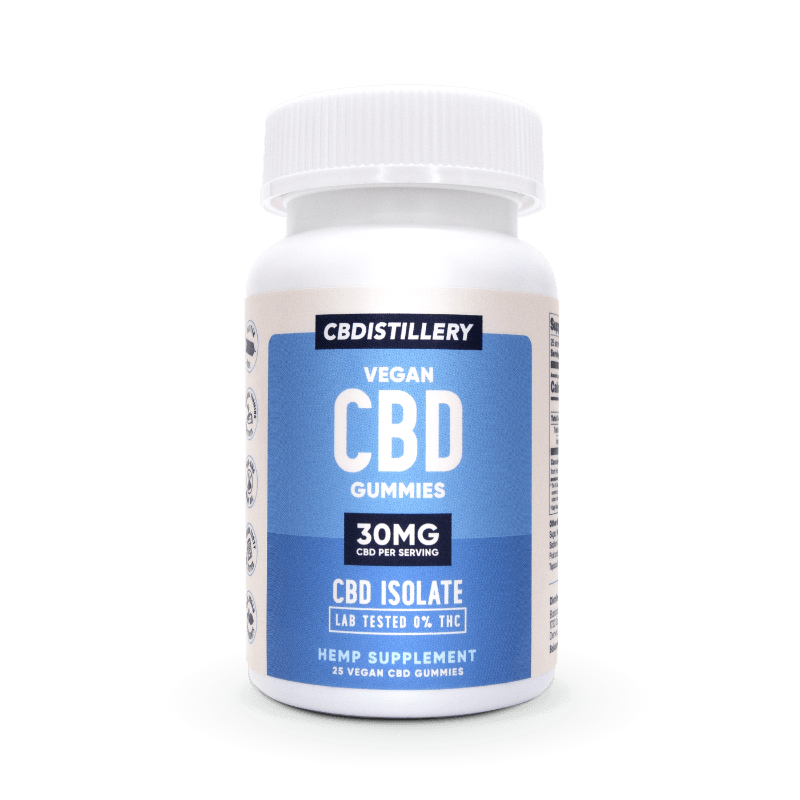
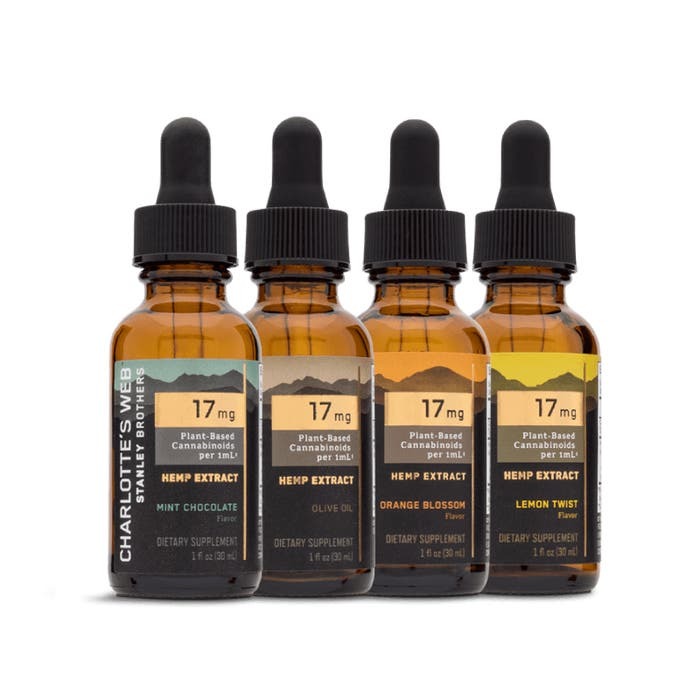
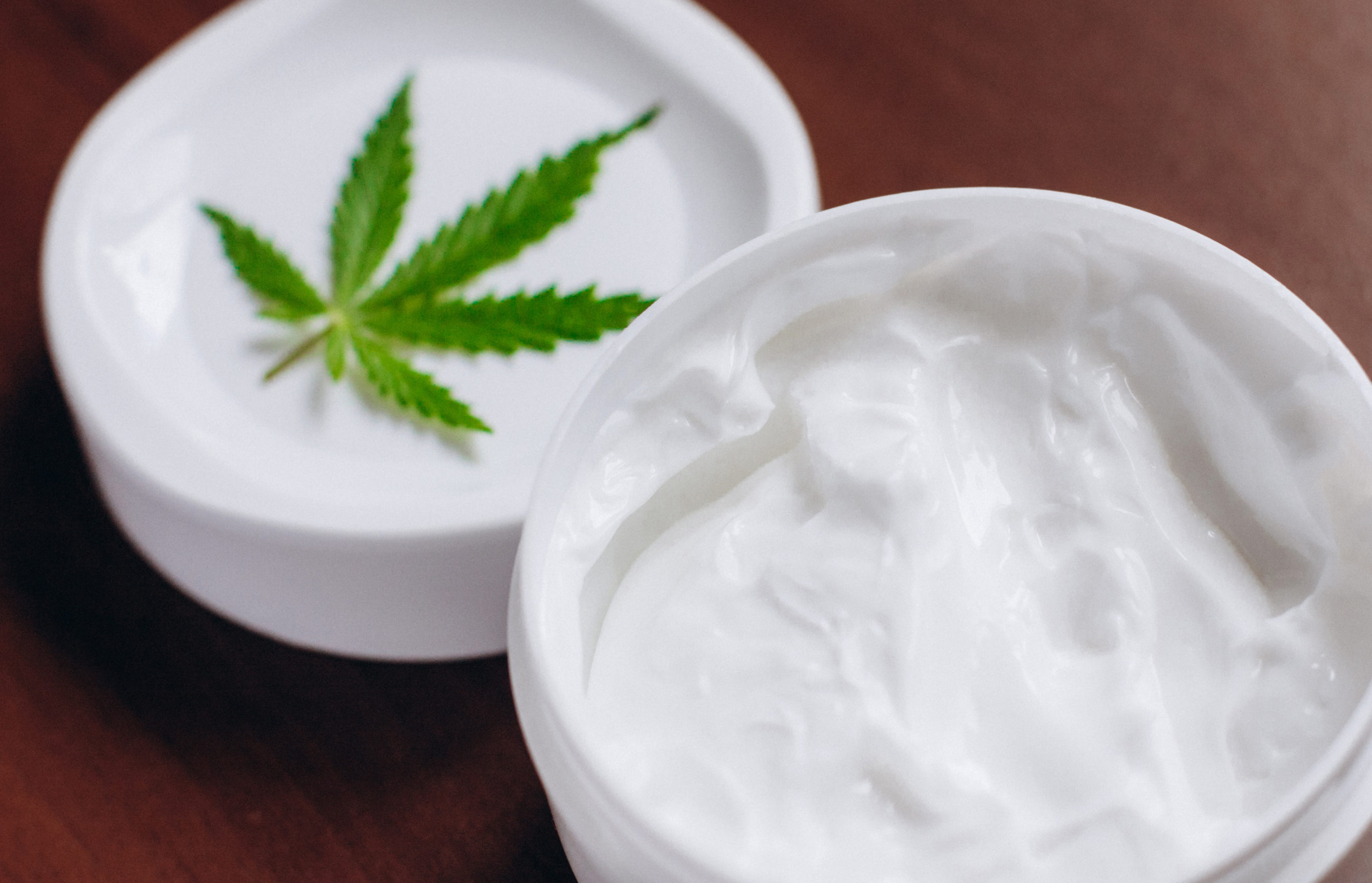
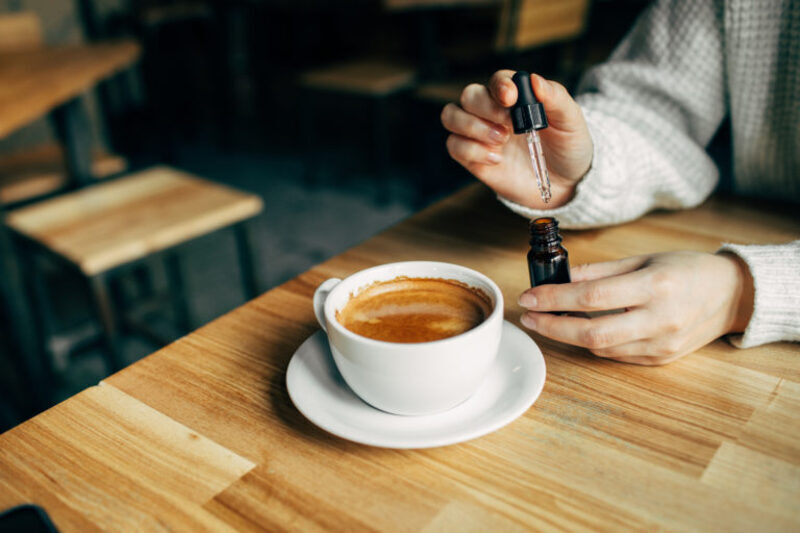
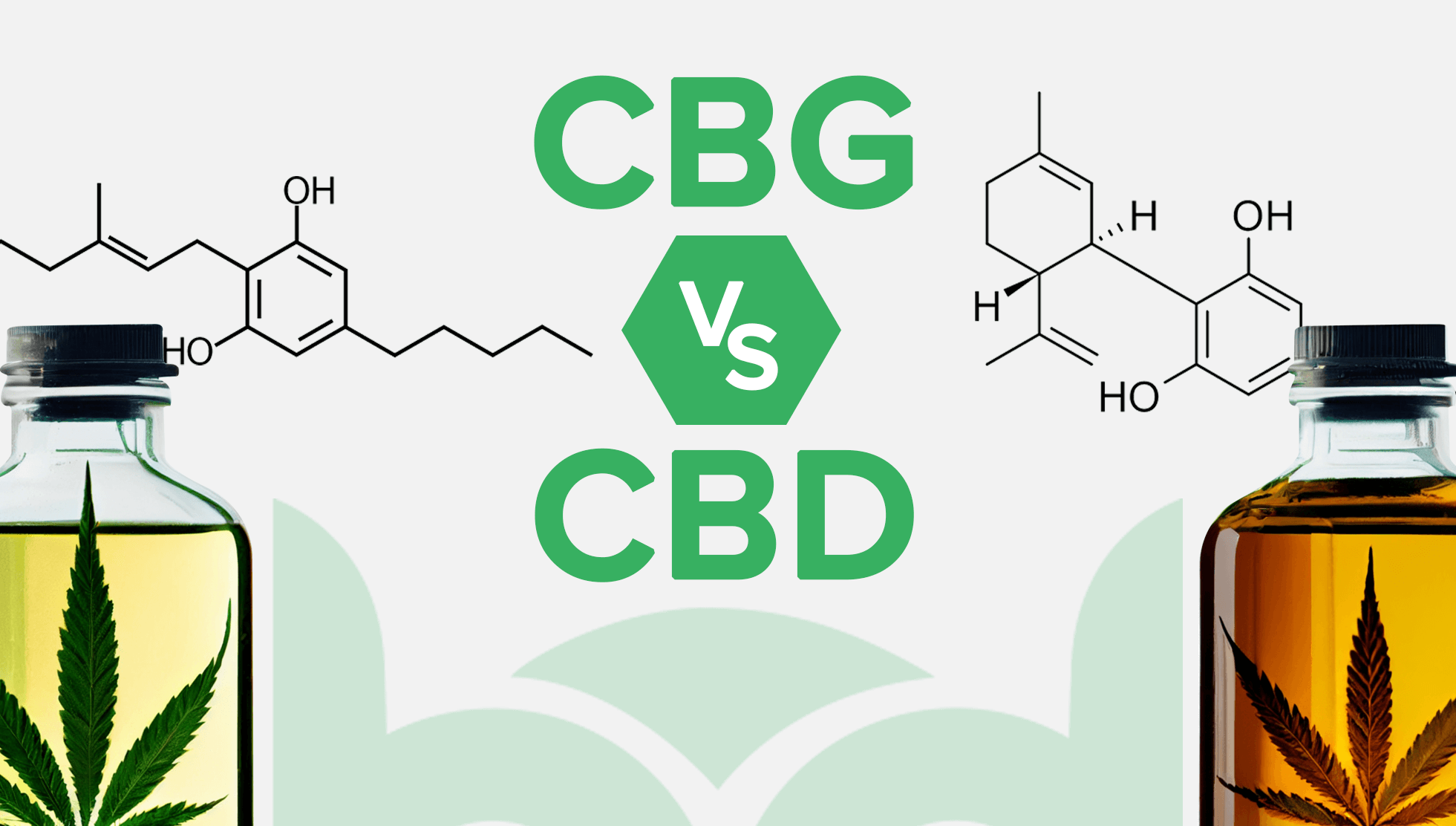

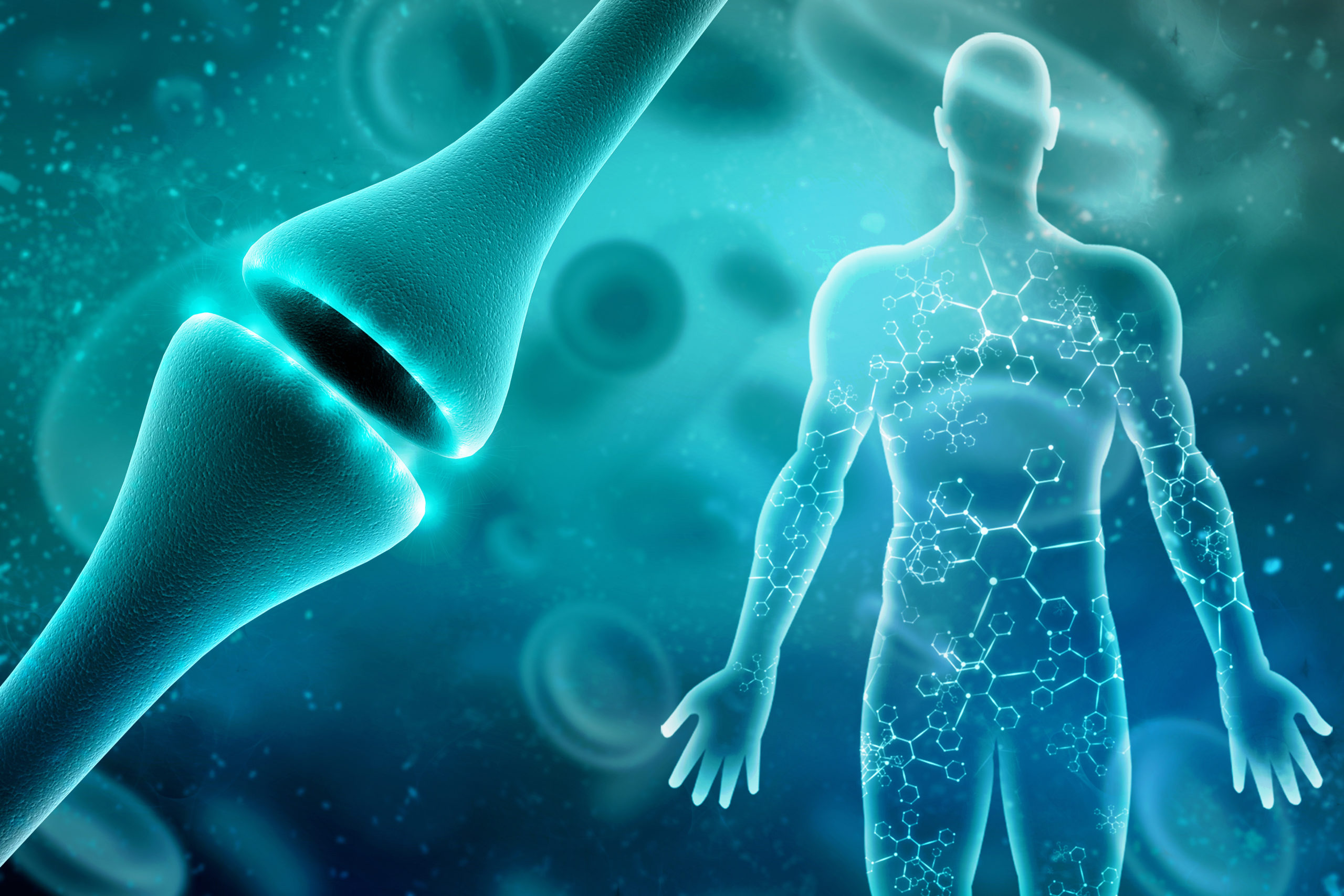
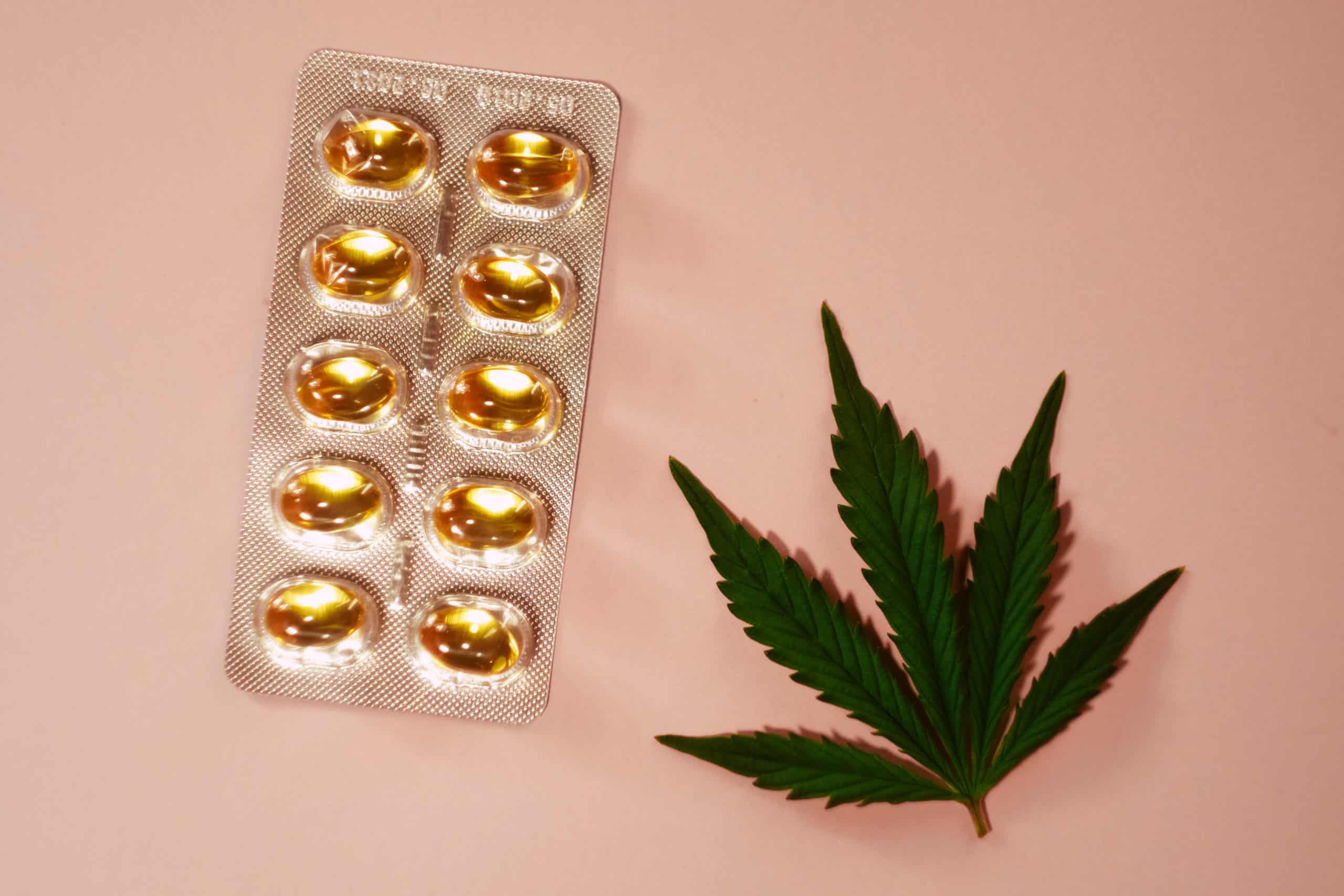
9 Comments
CBD is an answer to my prayers. I take 600 pills a month.
CBD is an answer to my prayers. I take 600 pills a month.
CBD is an answer to my prayers. I take 600 pills a month.
I’m currently taking morphine tablet and liquid form for my osteoporosis can I take cannabis oil as well or will it interact with my morphine and other medication
Hi David, you should definitely speak to your doctor before making a decision. Best of luck!
I’m currently taking morphine tablet and liquid form for my osteoporosis can I take cannabis oil as well or will it interact with my morphine and other medication
Hi David, you should definitely speak to your doctor before making a decision. Best of luck!
I’m currently taking morphine tablet and liquid form for my osteoporosis can I take cannabis oil as well or will it interact with my morphine and other medication
Hi David, you should definitely speak to your doctor before making a decision. Best of luck!